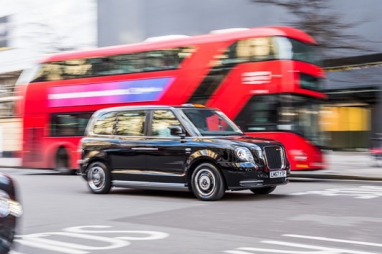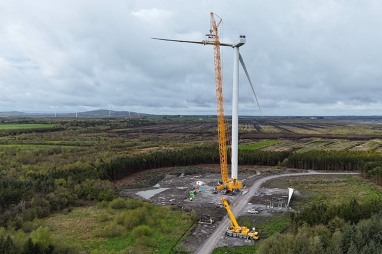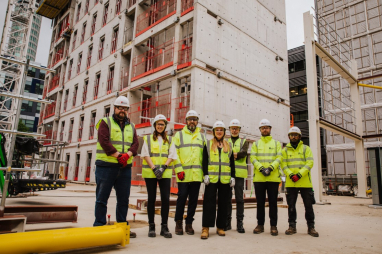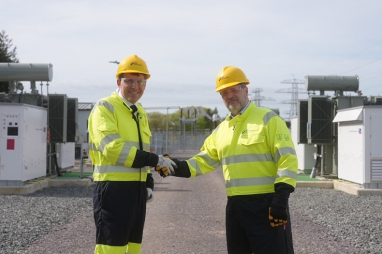- Midnight Navy / White , lower NIKE AIR JORDAN 1 MID SE DENIM CINNABAR HEMP-WHITE - lower Nike SB Kearny Cargo Pants - IlunionhotelsShops
- Nike LeBron Zoom Soldier VII (7) 'Deep Royal Blue' , Nike va t-il rééditer toutes les Air Force 1 B , IetpShops
- Nike’s Heidi O’Neill On Investments During COVID, Nike Training Icon Clash Dry Podkoszulek z logo Swoosh w panterkę, Zapping Zoom Fatigue – Mindarie-wa News
- nike sb varsity red dunks black and blue white
- Пилинг - диски с bha и pha - кислотами needly daily toner pad 1шт — цена 50 грн в каталоге Скрабы для лица ✓ Купить товары для красоты и здоровья по доступной цене на Шафе , Украина #112548157
- Air Jordan 1 Mid Bred 554724 074 2020 Release Date 4
- air jordan 4 og fire red DC7770 160 release details price
- Air Jordan 1 University Blue 555088 134 Release Date Price 4
- air jordan xxxv cq4227 004
- air jordan 1 mid chicago 2020 554724 173
- Home
- News and analysis
- Info hubs
- Events
- Video
- Case Studies
- About us
- Magazine
- Advertising
Produced for the industry by the Association for Consultancy and Engineering
News
More than half of London’s black cabs now zero emission capable

London’s iconic black cabs have reached a major milestone with more than 50% now being zero emission capable (ZEC) - with the number totalling more than 7,970 on the city’s streets.
The capital’s taxi drivers are playing a significant part in cleaning up London’s air with a 10% growth in the new more environmentally friendly vehicles in the last six months.
Cleaning up bus and taxi fleets is central to the mayor’s strategy of reducing emissions and tackling the capital’s public health crisis, with air pollution linked to a host of health issues.
Figures from 2019 show taxis were responsible for 29% of the NOx emissions from central London road transport. However, emissions from the fleet have reduced following the introduction of a range of changes and support.
TfL has helped to bring about this step change by requiring from 2018 that all new taxis licensed for the first time have to be ZEC and providing taxi delicensing grants to drivers, which removed more than 4,000 older, more polluting vehicles from the fleet.
Further measures to reduce emissions from the taxi fleet by phasing out diesel taxis and increasing the number of ZEC vehicles in London, include reducing the maximum age of the most polluting taxis from 15 to 12 years between 2020 and 2022 and bringing in discounts and incentives to help drivers make the transition to new vehicles.
These include helping fund a plug-in vehicle grant, supporting taxi drivers with up to £7,500 off the price of a new ZEC taxi.
Around 1,000 of the thousands of EV charging points to be found across the capital are rapid or ultra-rapid charging points that deliver a full charge in as little as 30 minutes - this includes 300 delivered by TfL.
TfL has supported delivery of three rapid charging hubs across London – Glass Yard in Woolwich, Stratford International car park and Baynard House car park in the City of London.
London leads the UK in the take up of electric vehicles, with 142,000 plug-in electric cars and vans already registered in the capital.
With more than 18,000 charge points, London currently has more than a third of all EV charging infrastructure across the UK, more than any other UK region.
This is, in part, due to TfL and the Mayor's commitments to see London continue leading the way in the UK.
Since 2019, the Mayor has helped London's charging network grow by 300% and London is on track to meet the forecast of 40,000-60,000 charging points required by 2030.
This month, a tender for five new ultra-rapid charging hubs at sites across London opened to the market, each will include at least six ultra-rapid charging bays, with at least one bay for those with accessibility needs.
The largest, at Hangar Lane in Ealing, will host up to 20 rapid charging bays and retail facilities.
In May 2023, a delivery contract was awarded to charge point operator Zest, with 39 rapid charging bays expected to be delivered by the end of 2024.
Two separate, but complementary, contracts have also been awarded to Zest to deliver 81 charging bays at 51 sites on strategic roads to support high mileage, essential road users - such as commercial vehicles and businesses.
Most of the new zero-emission capable taxis in the capital are made by the London Electric Vehicle Company (LEVC).
LEVC manufactures its purpose-built, range-extended electric TX taxi at its state-of-the-art factory in Ansty, Coventry.
Since 2014 more than £1bn has been invested into the business by Geely Holding Group, enabling the construction of an entirely new manufacturing facility, the UK’s first dedicated to the production of electric vehicles and home to around 400 jobs.
TfL is working to bring even more zero emission buses to London. The fleet already has more than 1,100 buses that are zero emission and all of TfL's other buses are low emission and meet or exceed Euro VI emission standards.
Helen Chapman, director of licensing and regulation at TfL, said: “London’s black taxis are recognised worldwide and we are proud to see that so many drivers are helping clean up our air and assist us in tackling the city’s health emergency by driving zero emission capable (ZEC) vehicles.
“Reaching this milestone is a great reflection of how London is working hard to be a greener, more sustainable, environmentally friendly city.
“We know that by bringing more electric and ZEC vehicles to London we can continue to bring down the level of harmful chemicals in the air and reduce the impact of road transport on our environment.
“Making the taxi fleet cleaner and bringing more electric vehicle charging points to the capital are significant parts of the wider efforts we’re making to help continue being London’s strong, green heartbeat, cleaning London’s air and helping get Londoners around the city in the greenest ways possible.”





